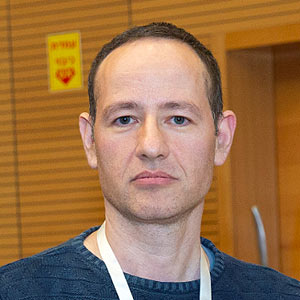Cancer evolution is a stochastic process where the cancer genome gains mutations that improve its fitness (e.g. enhance proliferation, chemotherapy resistance, immune system evasion, migration, etc). These mutations affect the cancer cell phenotype by increasing expression levels of oncogenes, and silencing tumor-suppressor genes. Expressly, this is achieved by the accumulation of non-synonymous mutations that change the amino acid content (the encoded proteins), but also via the accumulation of silent and synonymous mutations within genes and in non-coding regions.
It is far easier to understand the effect of non-synonymous mutations on cancer fitness. Understanding the effect of synonymous and non-coding mutations is orders of magnitude more complicated as it requires accurate biophysical modeling of various gene expression steps and intracellular phenomena. Silent/synonymous/non-coding mutations, which are treated as “dark matter”, clearly have a central role in shaping cancer evolution, though we are currently unable to evaluate it. Specifically, today all cancer genome analyses/tools are based only on non-synonymous mutations in very few genes (around 0.1% of the genome).
The aim of this project is to develop, for the first time, automatic computational models that decipher/predict the effects of synonymous mutations on relevant clinical variables.
To this end, we will analyze the large amounts of cancer genomic and gene expression data available today (e.g. there are over 20,000 available genomes!), with tools from the fields of biophysical gene expression modeling, and molecular evolution.
The project should have immediate practical ramifications related to the way cancer is diagnosed, treated, and prevented, via personalized medicine.
